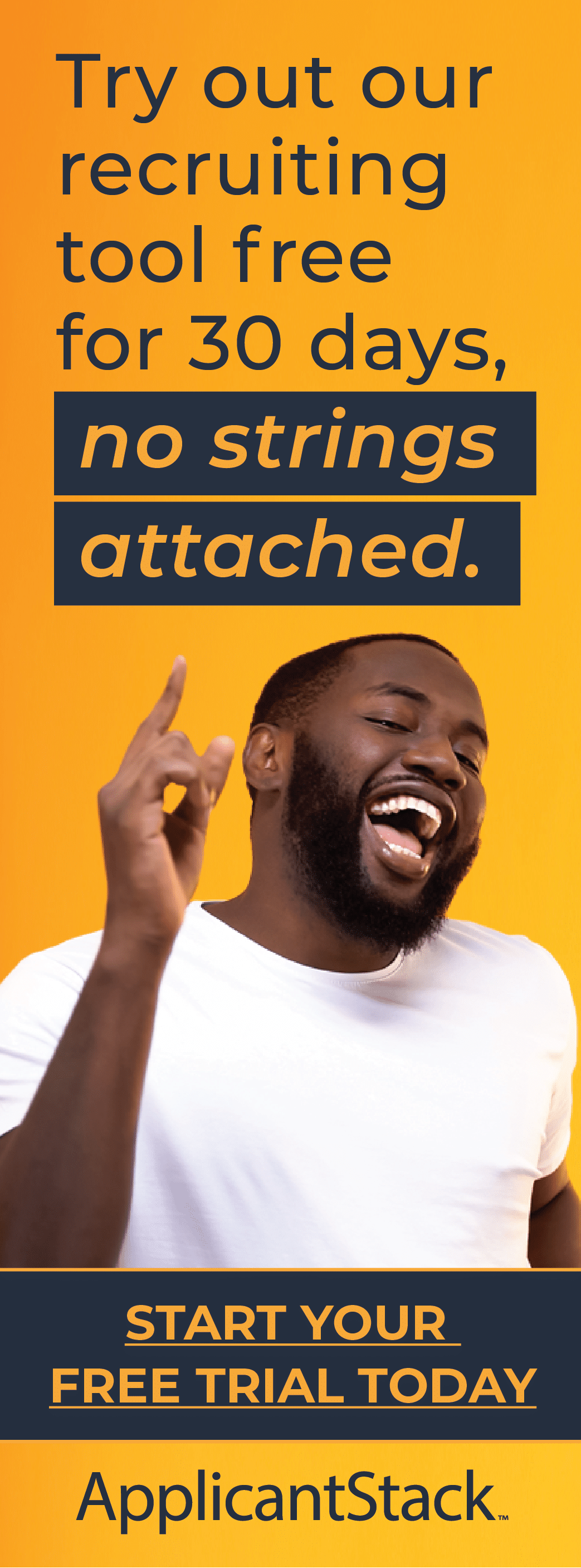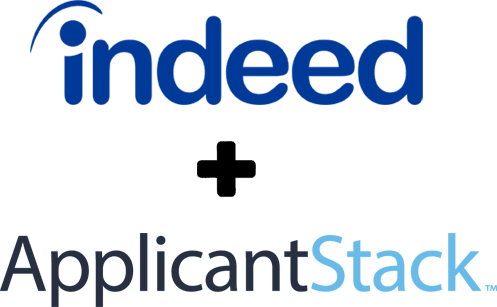Nearly 80% of U.S. employees worry that they’ll lose their job during a recession, according to Insight Global. Yet, 57% of the workforce reports still looking for better pay and benefits – something fewer employers offer during financial uncertainty. In times of economic turbulence, unemployment becomes a widespread concern among job seekers, affecting their decision-making processes and performance during job searches. This anxiety can arise from several factors such as economic instability, high interest rates, inflation and rising living costs, all of which influence job security perceptions.
A tight labor market further exacerbates this fear for potential employees, while employers may struggle to secure top talent amid increased competition and a rapidly changing work landscape. As the number of remote and flexible job opportunities continues to grow, job seekers may find it more challenging to secure stable, long-term employment. Understanding the causes and consequences of unemployment anxiety is crucial for both job seekers and recruiters to navigate these challenging times successfully and for the latter to create tailored recruitment strategies that address job seekers’ concerns.
Job Insecurity: Causes and Effects
Fear of unemployment is a multifaceted issue that stems from various sources. Some of the most common factors contributing to this anxiety include:
- Job insecurity: The volatile nature of specific industries and the ever-changing job market landscape can make employees feel uncertain about their long-term prospects in their current positions.
- Economic instability: Fluctuations in the economy, coupled with recessions or downturns, can lead to increased concerns about job security, as companies may downsize or implement hiring freezes.
- Lack of job opportunities: In competitive job markets, job seekers may feel overwhelmed by the scarcity of available positions that match their skills and experience, further fueling their fears of unemployment.
- Personal experiences: Individuals who have faced job loss (or know someone who has) can become more apprehensive about their job security and the future of demand for their job.
- Media influence: News reports and social media discussions highlighting high unemployment rates, layoffs and struggling industries can heighten job seekers’ concerns about their own job security.
These worries can take a toll on job searchers’ mental well-being, leading to a range of adverse consequences such as:
- Anxiety and stress: The uncertainty surrounding job protection can cause job seekers to experience heightened anxiety and stress, which can negatively impact their employment search efforts and overall quality of life. According to the American Institute of Stress, job insecurity is one of the top reasons people experience workplace anxiety.
- Loss of confidence: Prolonged periods of job-seeking or experiencing multiple rejections can diminish self-esteem, causing previously hopeful individuals to doubt the worth of their abilities and qualifications.
- Depression: The emotional strain of unemployment anxiety can sometimes lead to depression, further hindering job seekers’ motivation and ability to engage in productive job searches.
- Performance issues during recruitment: The fear of unemployment can cause employment candidates to underperform during interviews or assessments due to nervousness or a decline in confidence in their capabilities.
By acknowledging and managing the fear of unemployment, job seekers and recruiters can work together to create a more positive and successful recruitment experience that benefits all parties involved.
The Employer’s Role in Addressing the Fear of Unemployment
To effectively address the fear of unemployment, employers should adopt a more empathetic and compassionate approach in their hiring processes. These efforts can include offering support and resources to job candidates and implementing initiatives to create a more secure and comfortable environment during recruitment.
Here are some measures hiring managers can take to ease any fears among job candidates and make the hiring process less anxiety-inducing:
- Communication and support: Regularly communicating with candidates throughout the hiring journey can help alleviate their fears and provide reassurance. Offer resources such as resume critiques and interview coaching to demonstrate commitment to a candidate’s success. It’s also useful to stay in contact with applicants rather than leaving them wondering if (or when) they’ll hear from you.
- Job stability: Highlighting the company’s resilience and long-term growth plans can give candidates confidence in the potential employee’s job security. Sharing success stories and the company’s employee retention statistics can also be reassuring.
- Holistic recruitment strategies: Leveraging social media platforms for advertising and recruiting efforts can help companies connect with a wider pool of prospects. By showcasing the company culture and values on platforms like LinkedIn, Facebook and Twitter, managers can create a sense of transparency and trust.
- Skills development and career growth: Promoting potential opportunities for professional development, training and career growth can help candidates to feel more secure about their long-term prospects with the company. Outlining clear career paths and advancement opportunities can help show applicants that there’s a future for them within the organization.
- Inclusive benefits and perks: Companies should consider offering a comprehensive benefits package that appeals to a diverse range of candidates. Such a package may include child care support, mental health resources and wellness programs, in addition to more traditional benefits like health insurance and retirement plans.
By implementing these measures, employers can create an environment in which job candidates feel more secure and less anxious during the recruiting process. Focusing on transparency, communication and holistic recruitment strategies allows recruitment managers to effectively address the fear of unemployment and create a more positive experience for job candidates navigating the job market.
Enhancing Your Recruitment Strategy With Software and Technology
A well-planned recruitment method is essential for finding, attracting and retaining top talent. With rapid advancements in technology, hiring managers have the opportunity to improve their recruiting efforts by utilizing software and tools designed to optimize various aspects of talent acquisition. Here’s a deeper look into how technology can improve strategic recruitment:
Automation and efficiency
Technology can help automate repetitive tasks such as screening resumes, scheduling interviews and sending follow-up emails. By automating these functions, recruiters can save time and focus on more strategic aspects of evaluating whether a candidate is a good fit with the company’s culture and their potential for growth within the organization.
Enhanced candidate experience
A smooth and user-friendly application method can significantly improve a candidate’s experience and perception of the company. By using technology to make it easier for a job seeker to apply, you reduce the likelihood of losing top talent due to cumbersome application procedures. Make sure to assess whether applicants can use their mobile devices, as mobile applications have skyrocketed in the recent past.
Data-driven decision making
Advanced software and tools can provide valuable insights and data analytics that help companies make more informed decisions throughout the recruiting process. By analyzing key metrics such as time to fill, cost per hire and candidate source effectiveness, you can refine strategies and focus on the most successful channels for sourcing top talent.
Social media and online presence
Given the growing importance of social media and online platforms in recruitment, companies need technology that can help them effectively manage their online presence and engage with the passive candidate. Tools like LinkedIn Recruiter and Facebook Jobs enable a proactive hiring manager to target and connect with a potential employee who may not be actively seeking new opportunities.
Improved collaboration and communication
Recruitment software often includes features that facilitate better communication and collaboration among team members involved in the hiring process. With the ability to share notes, track progress and centralize candidate information, hiring teams can work more cohesively and make better informed decisions.
Diversity and inclusion
Technology can play a significant role in promoting diversity and inclusion in the recruitment process. Advanced algorithms and AI-powered tools can help identify and eliminate potential biases in job descriptions, resume screenings and interview assessments. By promoting a more equitable recruitment strategy, companies can attract a diverse range of candidates and foster a more inclusive workplace culture.
Remote and global recruitment
The rise of remote work has created new opportunities for companies to dip into the global talent pool and access skilled professionals located around the world. Recruiters can connect with candidates across geographical boundaries using video conferencing tools and virtual hiring events to conduct interviews and assessments, allowing them to tap into a broader range of skills.
ApplicantStack: A Powerful Tool for Your Recruitment Strategy
ApplicantStack is a comprehensive recruitment solution designed to streamline the hiring process and improve the efficiency of recruiting efforts. Through its wide range of features and integrations, ApplicantStack can help you optimize your recruitment strategy in several ways:
- Customizable job application forms and questionnaires ensure that you collect necessary candidate information.
- Integration with popular job boards and social media platforms broaden your reach and attract more applicants.
- Advanced search and filtering capabilities help you quickly identify the most qualified candidates.
- Mobile-friendly applications allow potential hires to submit their information from their devices.
- Automated workflows streamline communication and following up with candidates, keeping them engaged throughout the process.
- Analytics and reporting tools help you track key performance metrics and optimize your recruitment strategy based on data-driven insights.
ApplicantStack offers powerful and comprehensive tools for optimizing your recruitment efforts, allowing you to attract and retain top talent in a competitive job market. By embracing these technological advancements, companies can stay ahead of the curve and maintain a strong employee brand, ultimately leading to long-term success and growth. Additionally, providing support to potential new hires throughout the process can ease fears and keep everyone feeling positive about the future.
Sign up for your free trial of ApplicantStack today.
- Understanding Contract-To-Hire and How It Works - April 23, 2024
- Should Your Job Listings Include Salary Information? - April 19, 2024
- ApplicantStack Achieves Gold Partnership Status with Indeed - April 16, 2024











